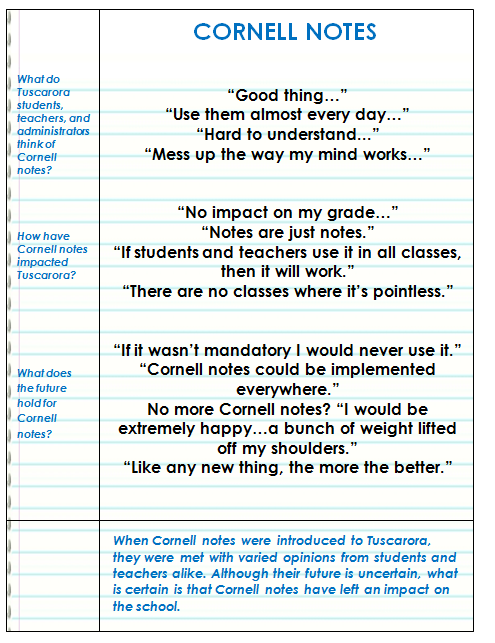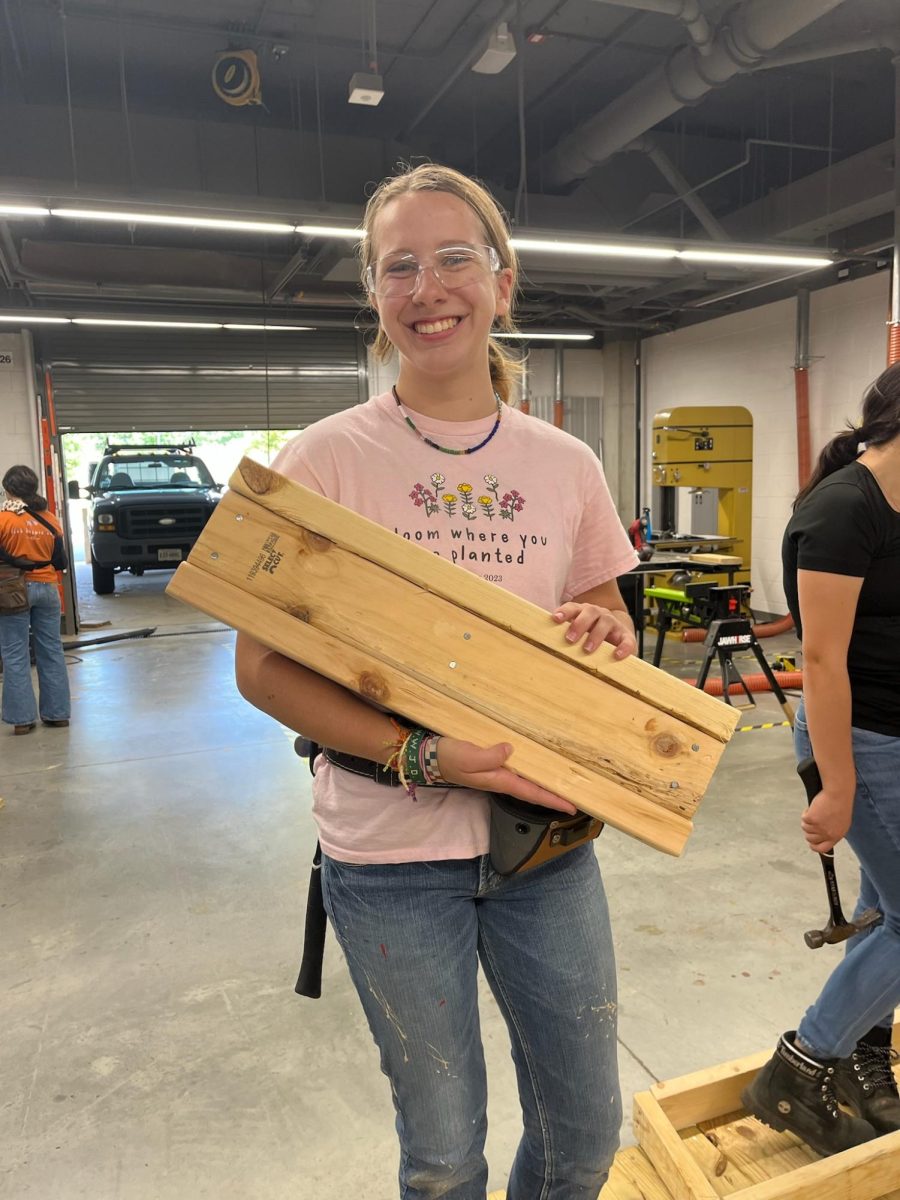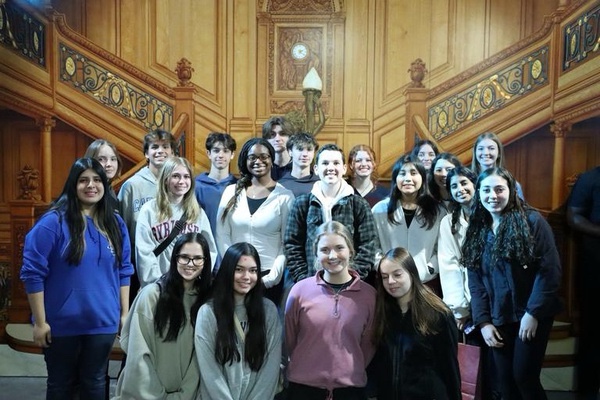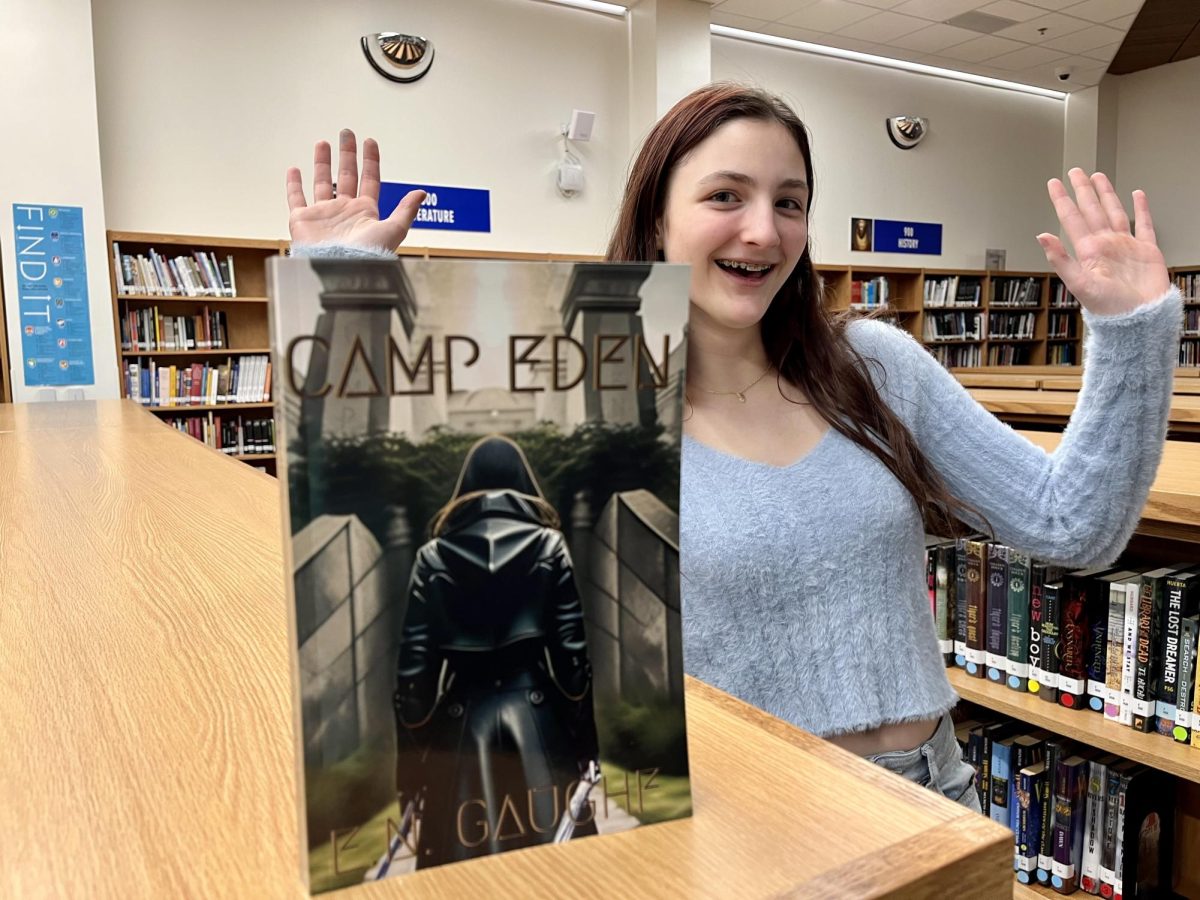
By: Meilan Solly and Shalom Montero
LEESBURG, VA- When the 2011-2012 school year began, Tuscarora saw several changes. There was a senior class, study hall was gone, and FLEX had arrived. One of the biggest differences from the previous school year was Cornell notes, a note-taking system that soon became a topic of controversy. Cornell notes, which were developed in the 1950s by Walter Pauk, a professor at Cornell University, consist of three main parts. The right side is the largest, since it is where students actually take their notes. On the left is a small column where students write questions that are answered within the notes. Finally, at the bottom there is a space to summarize the notes.
At the beginning of the year, Tuscarora students had varying opinions about Cornell notes. Allie Thompson, sophomore, said Cornell notes “mess up the way my mind works. [It’s] frustrating to use them.” Elizabeth Getis, freshman, supported the note-taking system, saying it was a good study tool and let students “process information more.”
While most students seemed to dislike Cornell notes, teachers and the administration highly approved of them. Mrs. Paul-Jacobs, the principal of Tuscarora, said, “In my mind, if we are serious about students, this is an absolute way to help them. We are looking beyond Tuscarora. We are allowing [students] to synthesize their learning.”
Many students believe that Cornell notes do not allow people to take notes in a way that is beneficial to each individual. Thompson says, “[Cornell notes] don’t go with how I write my notes, and [they make information] harder to understand.” Mrs. Jacob says, however, that “it’s not that we do not want to you take notes the way you are used to them. It’s how you use them after. Do you write questions that will help you? Do you summarize so that you will have an easy way to remember things and commit to memory?”
A lot of Tuscarora teachers seemed to support Cornell notes when they were first introduced to the school. Mr. Blair, an English teacher, said they were “smarter work, not harder.” Ms. Asp, a Latin teacher, was “really impressed” by Cornell notes because they turn notes into information students will remember. Frau Toth, a German teacher, encouraged students to try Cornell notes because “the more you try [them,] the more [they] work.”
Now that Cornell notes have been implemented at Tuscarora for one semester, how have people’s opinions on them changed? Victoria Miller, a senior, did not like Cornell notes in the beginning of the year, and she is still of the same opinion. Miller says they did not have any effect on her grades, although the administration and many teachers said they would have a definite impact. She admits, however, that this might be because “I don’t use them as much.”
Junior Ryne Petry doesn’t have a definite opinion on Cornell notes. “Notes to me are just notes,” he says. Petry, like Miller, has not noticed a difference in his grades since he started using the new note-taking system.
So, what comes next? Will the students just learn to cope with Cornell notes and adapt them to their own learning styles, like Elizabeth Getis and Ryne Petry? Maybe the administration and the department chairs will stop enforcing the system, or on the other hand, maybe more teachers will start to become advocates of it. What do you think?
What do Cornell Notes really do?
March 20, 2012
Leave a Comment
ABOUT THE PACK
The Pack is the newspaper of Tuscarora. Through creativity and passion the Pack pursues the news of the school and the world.
The Pack is the newspaper of Tuscarora. Through creativity and passion the Pack pursues the news of the school and the world.





